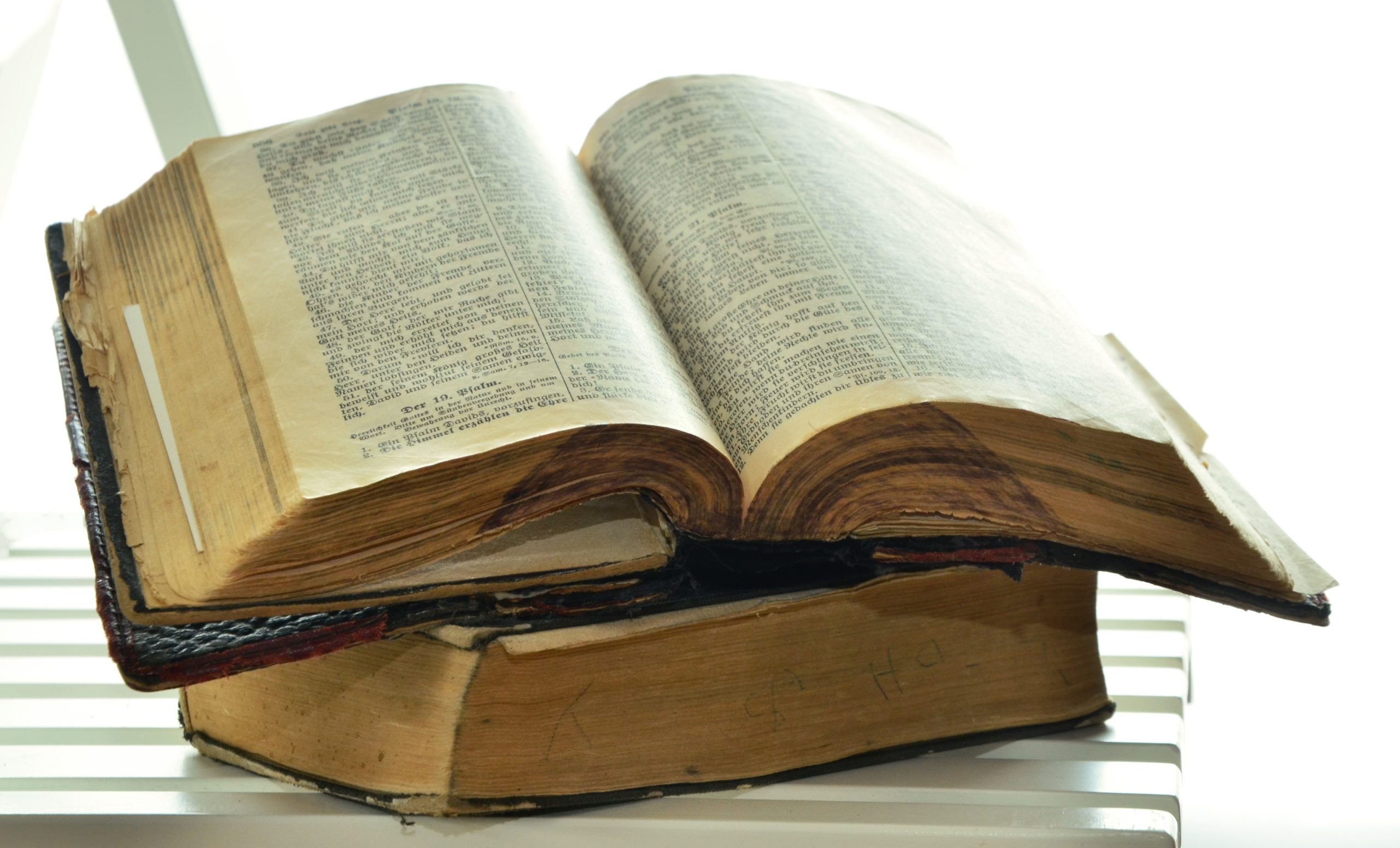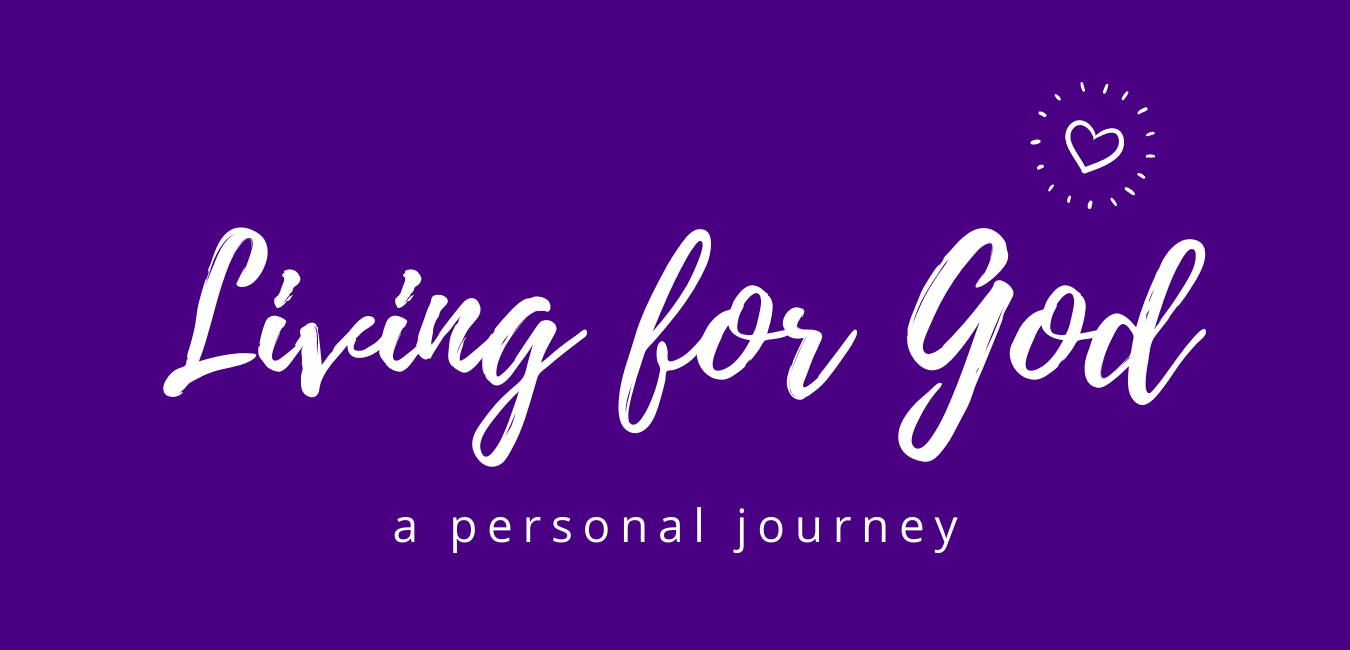
What is the Bible
This is a repost of a blog written in August 2020
Disclaimer: Please be aware, these are just my thoughts and my points of view. I do not have the authority to judge anyone, to preach to anyone or to try and convince anyone of anything. If you are offended by Religion, Faith or God please do not read this blog. If you are not a Christian please read this with an open mind or do not read it at all. if this blog offends you in any way, please accept my apologies, it was not meant for you.
When I was learning this in my recent studies I got quite excited… I had never had the Bible really explained to me like this before 🙂 So I want to share it with you 🙂
If we look up the term Bible in the dictionary we will find that it is a noun, meaning – The Christian Scriptures, consisting of the Old and New Testaments – OR – The Jewish Scriptures, consisting of the Torah or Law, the Prophets, and the Hagiographa or Writings.
If you look at the literal meaning of Bible it tells you that the word ‘Bible’ is derived from the Greek word τὰ βιβλία which means ‘the books’. The Latin word is biblia.
According to the book ‘Doctrines of the Bible’ by J.L. Hall & David K. Bernard, – ‘The Bible is the means by which God has preserved and propagated His Word for all time. It stands between the eternities and ties the two together.’
My explanation of the Bible is – The Bible is a book written by God through him inspiring his chosen ones to write for him. It provides the foundation by which we should live.
Let’s explore what the Bible is made up of – as a side note, I really loved learning this as I really didn’t understand it before 🙂
The Bible has a total of 66 Books – 39 Old Testament Books & 27 New Testament Books.
So, what is a Testament? If you look this up in a dictionary this is the answer:
1. a person’s will, especially the part relating to personal property
2. Something that Serves as a sign or evidence of a specified fact, event, or quality.
3. (in biblical use) a covenant or dispensation
a. A division of the Bible
It comes from the Latin word testamentum ‘a will’ (from testari ‘testify’), in Christian Latin also translating Greek diathēkē ‘covenant’.
So basically, it is a term by which God designates the relationship between Himself and His people.
Let’s look at the Old Testament and the New Testament separately for a minute.
Old Testament
The Old Testament deals with man’s beginning, his knowledge of sin and his need of salvation. It is divided up into 4 sections. An interesting point here to note is that the books are grouped together by type and then those groups are ordered chronologically.
|
Old Testament Law (Torah / Pentateuch)
|
These are written by Moses and establishes the law. There are 5 books in total. They provide the foundation for all of the other Old Testament Books.
When I say they eatable the law I mean, they establish the terms of the relationship with God. With two major themes running through them:
A. How God would care and respond to man’s needs
B. What is expected of man in both His relationships with God and with other men.
|
The books are
|
|
Historical Books
|
These books are about how the people responded to the Laws. They describe how God responded to His people depending on their response to His Law. There are 12 books in total.
|
The books are:
|
|
Poetical Books
|
These books are written in the form of poetry. They are about the inner and outer struggles of God’s people as they try to live by God’s Law.
|
The books are:
|
|
Prophetical Books
|
These books are divided into Major and Minor prophets (based purely on the size of the book). These books are about how the prophets challenged God’s people to return to the Lord and His Law.
|
The books are:
|
New Testament
The New Testament deals with the history and application of the redemption wrought by Jesus Christ. There are 27 books in total.
It is interesting to note here that 20 of the 27 books were readily and universally accepted as genuine – the four Gospels, Acts, all the epistles of Paul, 1 John and Peter, but the other seven books were disputed for a time, but after a deliberate examination, these books were received as genuine – Hebrews, 2 John, 3 John, 2 Peter, Jude, James & Revelation.
The books of the New Testament are grouped together by type.
|
Gospels
|
The Gospels are about the life and ministry of Jesus Christ and they bear the names of their writers. Matthew, Mark and Luke are called Synoptic gospels as they are similar in structure, content and wording and can easily be studied side by side.
|
the books are:
|
|
History
|
The book of Acts tells of the founding of the Christian Church immediately after Jesus’s ascension and the spread of its message to the Roman Empire. It tells of the Apostle Paul’s missionary journeys and contains the teachings of the Apostles in regard to salvation.
|
The books are:
|
|
Epistles (letters)
|
It is interesting to note here that an epistle is a letter written on a scroll, most often dictated by an author to a scribe and then reviewed by the author before being delivered.
The Pauline Epistles were letters written by the Apostle Paul and were named for the person or people those letters were addressed to. They deal with how to govern the Church and how to act in the Church. They are arranged in order of size except that letters with two letters to the same church or person are put together.
|
The books are:
|
|
|
The General epistles bear the name of the person who wrote the letters, not whom they addressed them to. It is interesting to note here that the book of Hebrews is grouped with the General Epistles as they are unsure who wrote it. They are arranged in order of size as well.
|
The books are:
|
|
Prophecy
|
This is the final book of the New Testament, which means that it is the final book of the Bible. It is a parallel book to Daniel in the Old Testament and contains visions and prophecies that detail ‘things which are and the things which shall be hereafter’ – Revelation 1:19
|
The books are:
|
It is important to note that there is a set of books called Apocrypha (another word that you can never ask me to say if we are talking in person because my tongue just not wrap around it 🙂 ) I don’t want to talk about these books in this blog, but I will be doing a separate blog on them.
Author: Sonya Noonan
These blogs will not have the ability to comment as I do not want to have any negative comments on here. But if you would like to reach out to me, you can by direct messaging me on Facebook (Messenger) => https://www.facebook.com/livingforgod9
